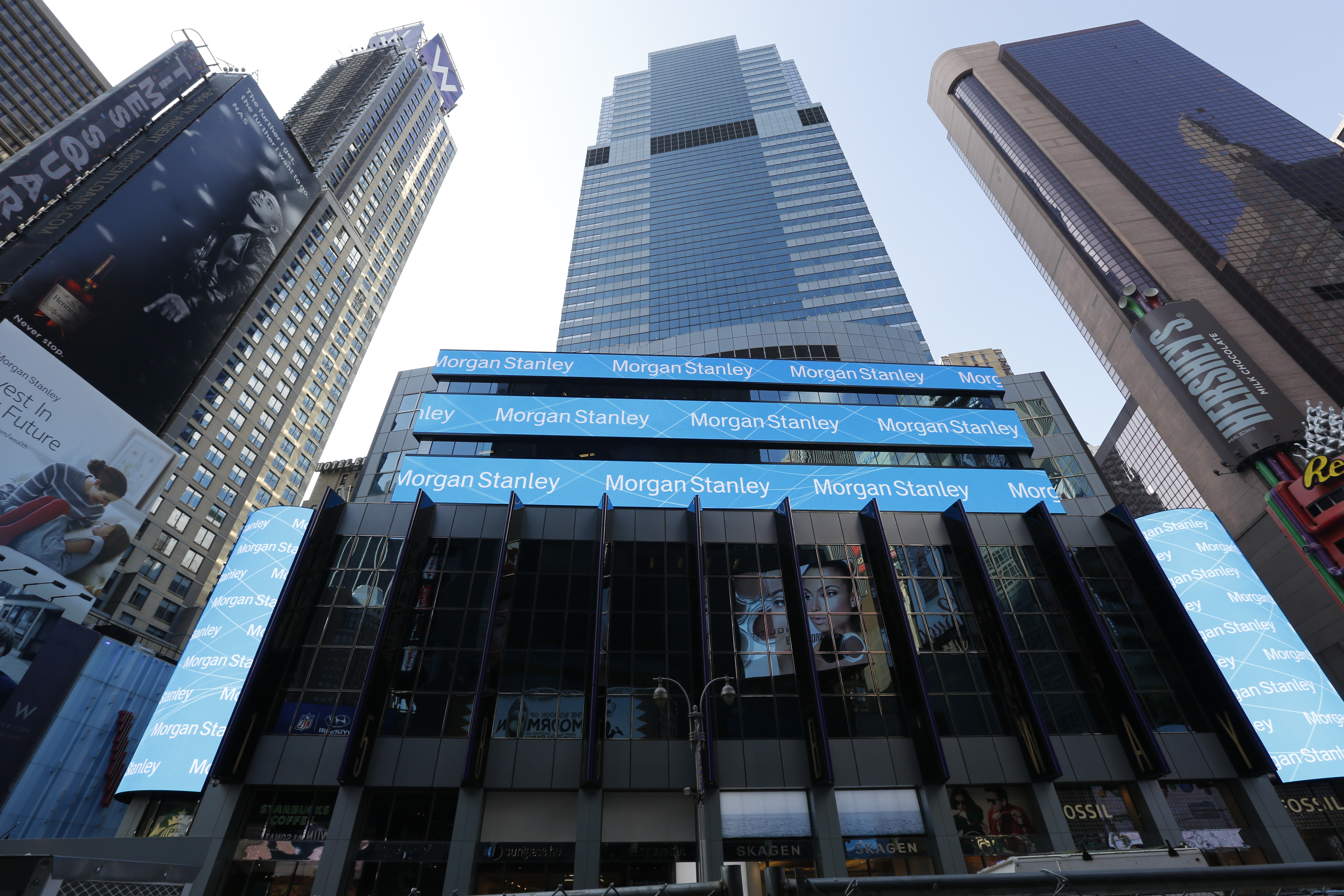A new report points to bravery and a willingness to reject the status quo as vital strategies that leaders will need to respond to the combined pressures of the global pandemic and the climate emergency.
In Bold Thinking, Brave Action, the Charities Aid Foundation (CAF) and Forster Communications interviewed 11 leading figures in sustainability from across a host of UK businesses to create a blueprint for turning a desire to “build back better” into reality. Participants included representatives from Anglian Water, Ella’s Kitchen, Iceland Foods, ITV, Reckitt Benckiser and Royal Bank of Scotland.
The report identifies five attributes common to everyone who challenges the status quo; conviction, humility, imagination, integrity and passion. It highlighted that sustainability leaders should expect to shift their behaviours across their career to meet changing needs and organisational conditions.
CAF and Forster have created five composite characters to help people working in sustainability think about the role they play and how best to take action:
The Firebrand – led by a strong sense of what is right and wrong and takes great effort to stick to their moral compass, thinking big and taking on a personal risk
The Campaigner – acts like an organisation’s conscience and is driven by a strong sense of values, also taking a personal risk, building movements and constantly pushing for change
The Collectivist – believes in the power of people and sets out to achieve outcomes that benefit everyone through collaboration, sharing and movement building
The Strategist – processes a mass of information before acting and, through analysis and reflection, identifies and prioritises the most important changes and effective ways to bring them about
The Wayfinder – disciplined and diligent, often working quietly behind the scenes so the organisation can move at speed when the time is right.
The study participants also said the depth and pace of change that is required to keep up with public attitudes and stakeholder concerns on climate change and other social responsibility goals was best achieved when key voices – with relevant expertise – held board level positions. As one contributor said: “The big game changer for us on sustainability was when the management team set and published some big hairy goals.”
The experts also singled out the importance of ‘psychological safety’ with businesses who genuinely want change needing to show that people who push bold ideas and challenge existing practices will not face recriminations. One commented: “The first condition (for bravery) is creating a climate of safety for people – not fearing for your job if you take risks.”
Bold Thinking, Brave Action is available to download here.
Latest News
-
Bingo firm raises £300,000 for the Stroke Association
-
Sainsbury’s links up with Comic Relief for festive recipe campaign
-
Shepherd Neame extends air ambulance charity partnership
-
Businesses help festive match funder raise a record £57.4m
-
Firms help fund regional mayors' initiatives to tackle childhood inequality
-
Retailer raises more than £16,000 for Down’s Syndrome group
© 2019 Perspective Publishing Privacy & Cookies







Recent Stories